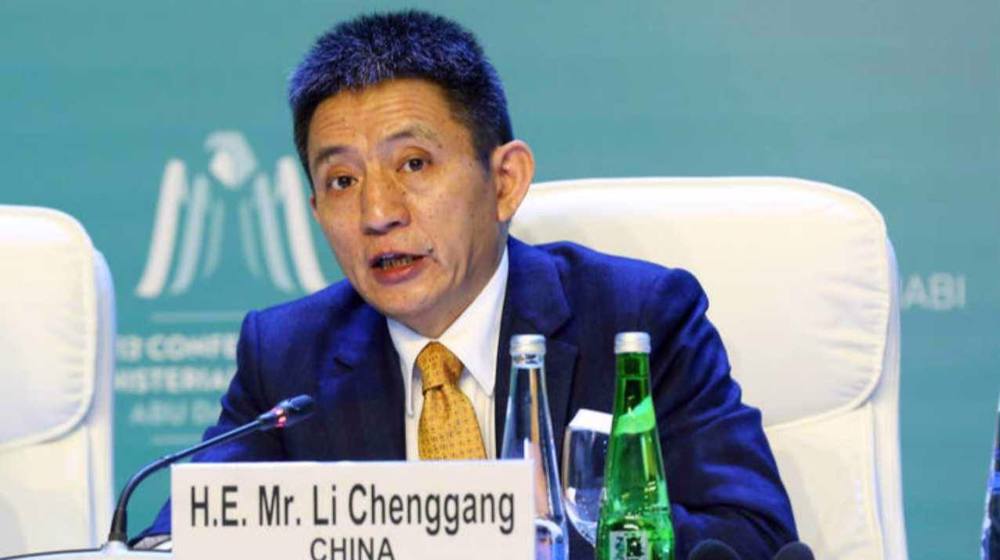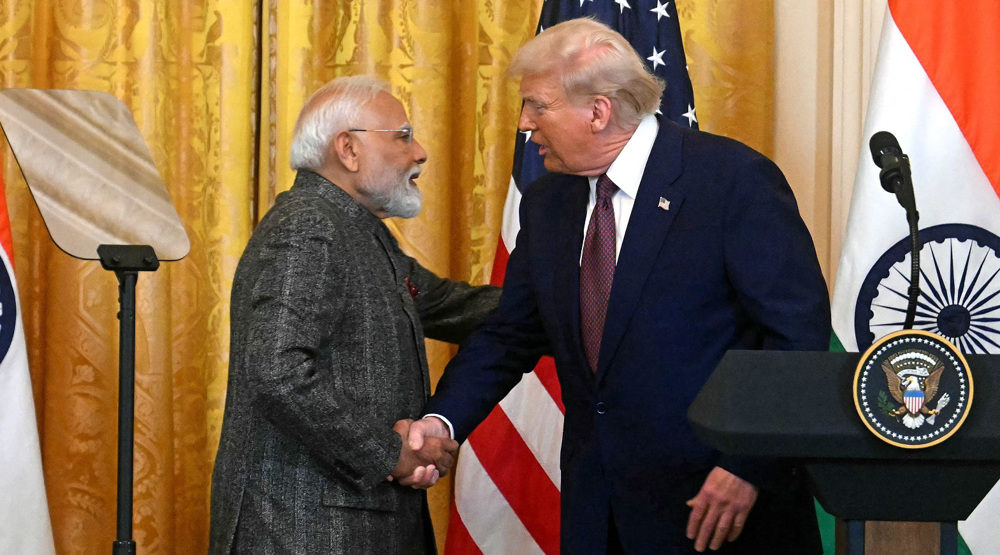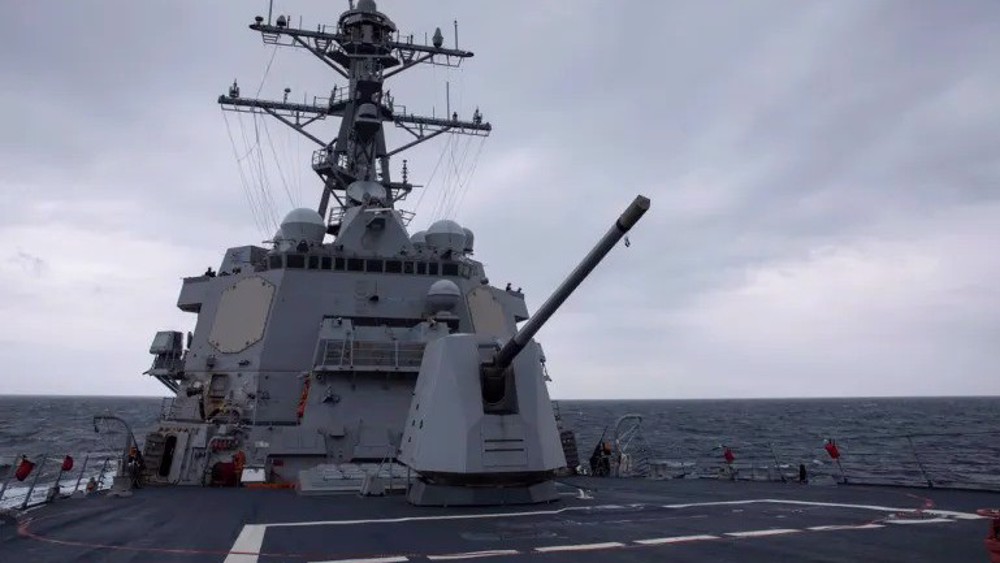Philippines president accepts China's offer for joint probe of S China Sea incident
Philippine President Rodrigo Duterte has reportedly accepted China’s offer to jointly probe a recent South China Sea incident, where a Chinese fishing boat struck a Filipino vessel and allegedly abandoned 22 crew members of the sinking boat.
Duterte’s spokesman, Salvador Panelo, made the announcement on Saturday, adding that aside from the Philippines and China, Duterte would like the involvement of a third country in the joint investigating committee that is to be established to determine what really transpired in the Reed Bank incident.
“We are by no means relinquishing any inch of our sovereign rights, nor compromising the rights of our 22 fishermen. We are demanding justice for our countrymen, and we are using all legal means toward that end,” Panelo underlined in a statement.
“A joint and impartial investigation will not only promote the expedient resolution of the issue, it will also be in accordance with international law ... which places paramount emphasis on the use of peaceful means to resolve international disputes,” added the statement.
The incident happened on June 9 near the Reed Bank, the site of untapped gas deposits that an international arbitration court in 2016 ruled the Philippines had sovereign rights to exploit. China, however, has challenged the ruling.
Besides Panelo, the Philippines' defense minister as well as the chief of its naval forces have publicly censured the action of the Chinese crew. Philippine Foreign Minister Teodoro Locsin also filed a protest against Beijing in a tweet on Friday and rejected the notion of a joint investigation.
According to China’s embassy in Manila, the crew of the Chinese vessel had tried to rescue the Filipino fishermen but fled the scene after being “suddenly besieged by seven or eight Filipino fishing boats.”
A day earlier, China “expressed condolences to the Filipino fishermen who were in distress in an inadvertent encounter with a Chinese fishing boat,” the official Xinhua News Agency said.
“Linking it to the friendly feelings of the two peoples or with the relations between the two countries and even politicizing this issue is not appropriate,” Chinese foreign ministry spokesman Lu Kang was quoted by Xinhua as saying.
The development came as critics in the Philippines have accused Duterte of complying with China’s line rather than taking a stand to defend the Filipino fishermen and the nation’s sovereign rights after he referred to the sinking vessel as a “little maritime accident.”
This is while the transpiring issue may complicate recent efforts by Duterte to build strong ties with Beijing despite deep mistrust among his US-trained military establishment, which remains suspicious about China’s growing naval and military might and what it regards as denial of Manila’s access to its own offshore oil and gas reserves.
China and the Philippines have competing territorial claims over the South China Sea, through which five trillion dollars in shipping trade passes annually. There are also claims by Vietnam, Malaysia, Indonesia, Taiwan, and Brunei.
In March, US Secretary of State Mike Pompeo said the US would come to the Philippines’ defense in the event of a confrontation with China.
The US is allied to the Philippines by treaty.
Duterte, however, has been more inclined toward China, seeking Beijing’s investment in his country at the cost of downgrading long-time military ties with Washington.
While the country is reportedly getting investment and other aid from Beijing to fund a $169 billion infrastructure renewal plan, China regards strong ties with the Philippines as a way to stop Manila and more powerful allies such as the US from trying to stop its maritime expansion.
After Duterte improved ties with China, Beijing pledged Manila $24 billion in development aid and investment. Duterte wants infrastructure to be overhauled before his term ends in 2022 to help stoke investment.
For China, ties with the Philippines help push back American influence in the South China Sea. The US military has increased its military presence in the waters, claiming that it wants the waterway stay open to international use.
Hezbollah leaders’ historic funeral showed resistance strength: Islamic Jihad
Iran reports surge in air traffic as Austrian, Lufthansa resume flights
VIDEO | South Africans set to lobby government to isolate Israel
IRGC chief: Nasrallah decisive figure in regional equations with global dimensions
VIDEO | Press TV's News Headlines
Netanyahu's son 'exiled abroad for hitting his father': Knesset member
Iran money supply up 28.4% y/y in late January: CBI
Israeli military prepares for 'extended' West Bank stay as 40,000 Palestinians displaced













 This makes it easy to access the Press TV website
This makes it easy to access the Press TV website